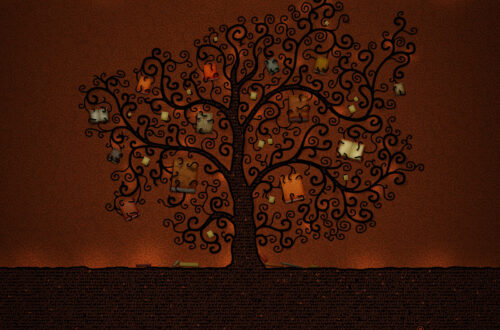Boundaries with Kids
 I just ingested Boundaries with Kids, by Drs. Henry Cloud and John Townsend, in a two-day gulp. Though I haven’t read a lot of parenting books, this is the best one I’ve encountered. It defines a parent’s role as being the guardian, manager, and source for our children, then sets out a very sensible series of strategies to help children mature into loving adults. It’s organized according to ten boundary principles: the laws of sowing and reaping, responsibility, power, respect, motivation, evaluation, proactivity, envy, activity and exposure. It concludes with a chapter on practical implementation.
I just ingested Boundaries with Kids, by Drs. Henry Cloud and John Townsend, in a two-day gulp. Though I haven’t read a lot of parenting books, this is the best one I’ve encountered. It defines a parent’s role as being the guardian, manager, and source for our children, then sets out a very sensible series of strategies to help children mature into loving adults. It’s organized according to ten boundary principles: the laws of sowing and reaping, responsibility, power, respect, motivation, evaluation, proactivity, envy, activity and exposure. It concludes with a chapter on practical implementation.
I value this book in two ways: first, as a lens for viewing my children’s behavior. It gave me some objective distance. Its basic premise is that whereas mental illness is defined as demanding that reality change to meet my needs, mature, healthy people are able to accept reality and grow in any situation. Setting and sticking to boundaries as a parent helps to orient kids firmly in reality and teaches them to find the resources they need not just to get by, but to develop mature, loving character in a world that’s not always fair or kind to them. This approach works, the book asserts, whether we’re teaching concrete life skills like keeping a room clean or setting the table, or more abstract traits like respect, positive attitude, and thankfulness.
Since this is my first year as a homeschooler, I’ve been feeling keenly what I’ve been told–that it’s not the academics, but the time management issues, relational issues, and disciplinary issues that present the biggest challenges. This was one of the reasons I chose to homeschool. I wanted to face my daughters and give them my best, rather than shipping them off to public school as a way of avoiding my sense of inadequacy. (Not everyone uses public school this way, but I did last year when my daughter was in kindergarten.) But when I’m frustrated with my kids, I don’t always know how to handle it constructively. I’m not always sure how to size up the situation, or come up with a good consequence, or be a supportive presence for them emotionally while at the same time not simply reacting when frustrated.
Boundaries with Kids helped me to resolve some of this confusion. It reminded me that parenting is not just about my relationship with my kids; our home is a microcosm of a much larger world, one that operates by some basic rules that I didn’t invent, but that I can teach them to cooperate with in ways that will enrich their lives over the long haul. Simply recognizing these boundaries, and holding the line with firmness and compassion, will help to make the world more comprehensible and coherent for my children.
The second way I value this book is not just as a way of seeing my children, but seeing myself. Though I haven’t read Cloud and Townsend’s book on boundaries for adults, this book has been a valuable tool for assessing my own strengths and weaknesses, maturities and immaturities. And it’s all laid out so practically and systematically that I feel hopeful about growing in the ways I’ve somehow escaped up till now. I think this will be one book I reread more than once.


